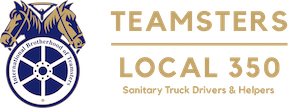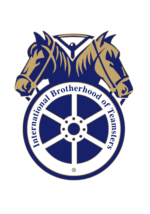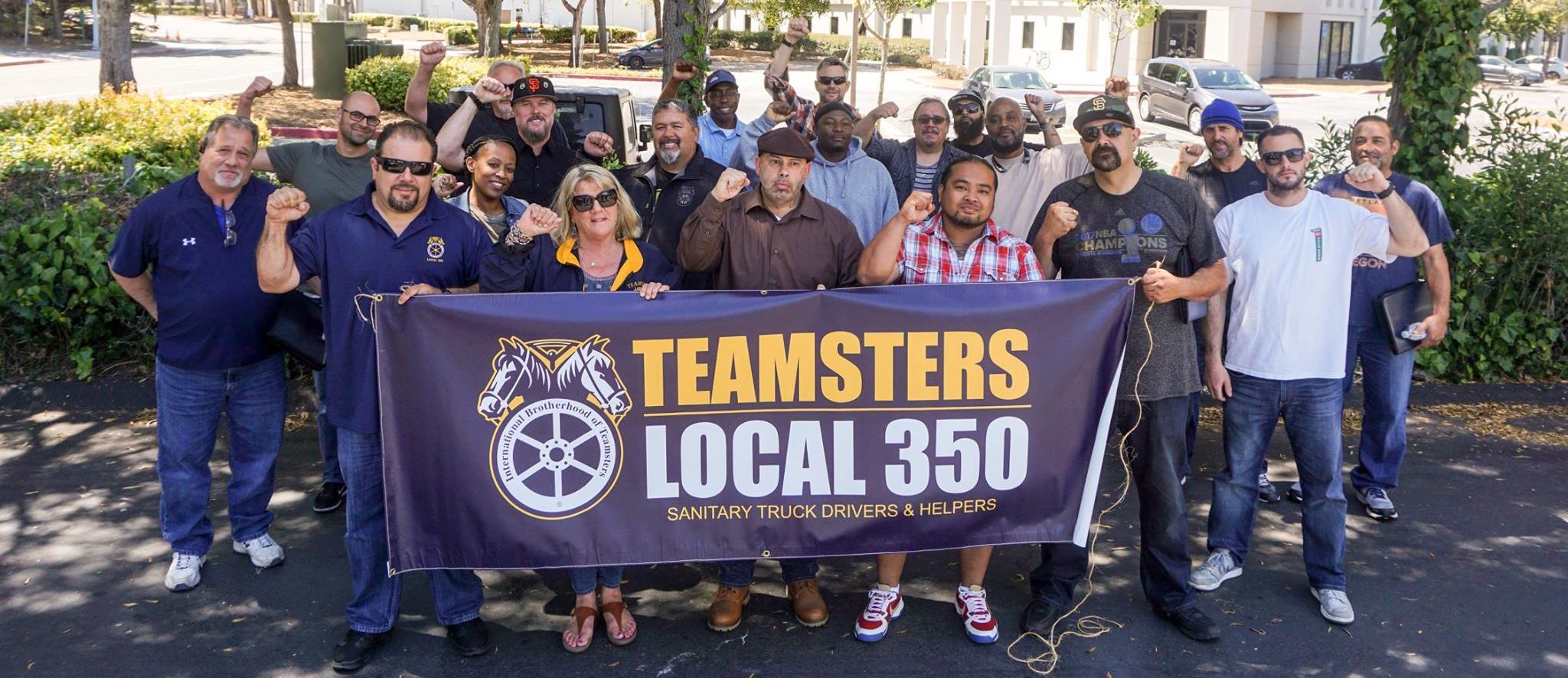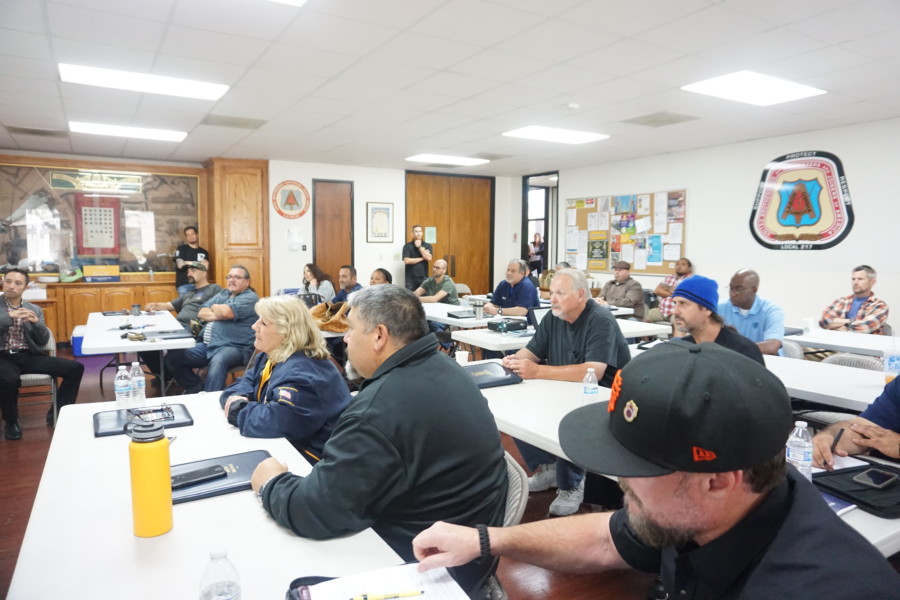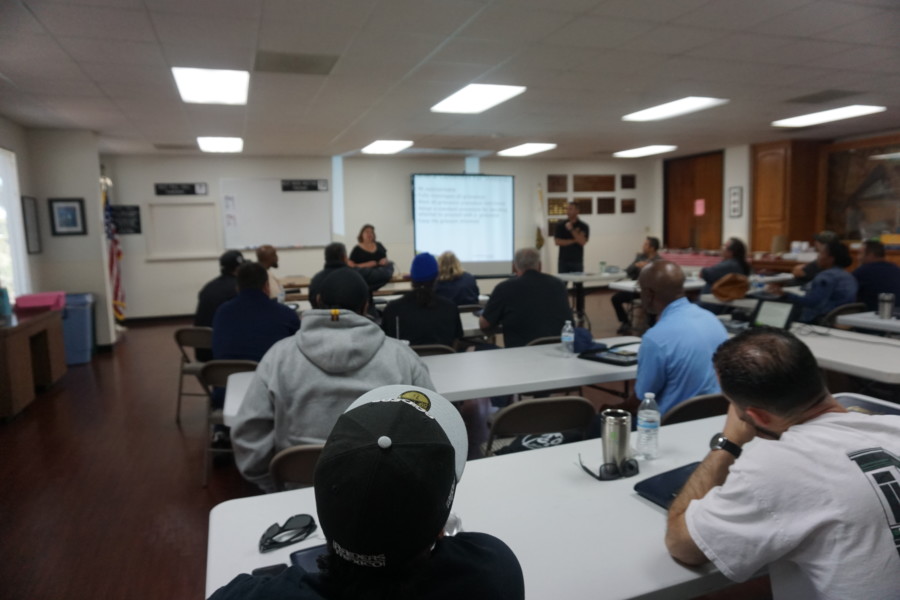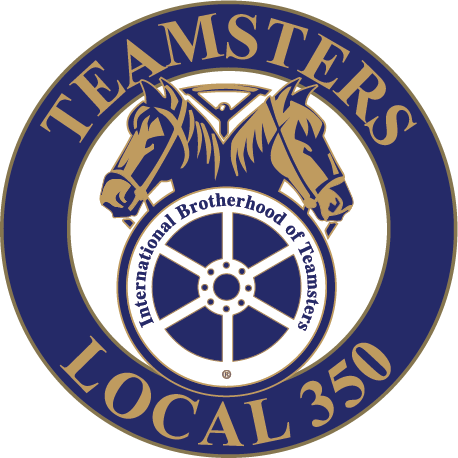The Shop Steward is the liaison between the Union’s officers and the membership and between the membership and management. It is the Steward’s job to make sure the members know what the union is doing and that the union’s officers know how members feel on issues arising in the workplace. As the representative of a labor organization to both management and the union members in the workplace, a shop steward works as a facilitator and a mediator.
The Steward’s most important job is to solve problems which arise at the worksite. Some of the duties of a Steward are to:
- Understand the union policies, company policies, and the collective bargaining agreement.
- Serve as a facilitator and mediator between management and union members.
- Enforce the contract between the union and the employer.
- Be available to hear grievances by employees and working with the employer to resolve them.
- Maintain files and records.
- Alert union leaders of any issues, problems, or developments within the collective bargaining unit.
- Take advantage of training programs designed to fully educate shop stewards in what they can and cannot do.
- Welcome and recruit new members to the union.
- Greet new employees, help them get organized in their new position, and encourage them to join the union or participate in union activities.
Ultimately, a steward’s first priority is to the union and its collective bargaining members. The Steward is a key person in the union and it is within their power to ensure the union is a strong, representative and successful in protecting membership rights.
If this discussion could in any way lead to my being disciplined or terminated, or affect my personal working conditions, I respectfully request that my union representative be present at this meeting.
Weingarten rights guarantee an employee the right to union representation during an investigatory interview. But the employer has no obligation to tell employees about this right; employees must ask for representation (unless the collective bargaining agreement says otherwise).
The right only attaches to investigatory interviews. How do you know if the meeting is investigatory? You have to ask! Generally, an investigatory interview is one in which a supervisor questions an employee to obtain information which could be used as a basis for discipline or asks an employee to defend his/her conduct. If an employee has a reasonable belief that discipline or discharge may result from what s/he says, the employee has the right to request representation.
An employee must state to the employer that he/she wants a Union representative present; the employer has no obligation to ask the employee if she/he wants a representative.
When an investigatory interview occurs, the following rules apply:
Rule 1 – The employee must make a clear request for union representation before or during the interview. The employee can’t be disciplined or discriminated against for making this request.
Rule 2 – After the employee makes the request, the supervisor has 3 options. S/he may either:
a. Grant the request and delay the interview until the union representative or steward arrives and has a chance to consult privately with the employee: or
b. Deny the request and end the interview immediately; or
c. Give the employee a choice of:
- having the interview without representation; or
- ending the interview.
Rule 3 – If the supervisor denies the request and continues to ask questions, it is an unfair labor practice and the employee has a right to refuse to answer. The employee cannot be disciplined for such refusal but is required to sit there until the supervisor terminates the interview. Leaving before the supervisor is done may lead to discipline.
The steward is not a ‘silent witness’ in an investigatory interview. The steward has the right to:
- Be informed by the supervisor of the subject matter of the interview;
- Take the employee aside for a private conference before questioning begins and/or during the interview;
- Speak during the interview;
- Request that the supervisor clarify a question so that what is being asked is understood;
- Give the employee being questioned advice on how to answer a question;
- Provide additional information to the supervisor at the end of the questioning; and
- Request that the meeting continue at another time if information is presented that requires additional investigation or preparation.
A standard request to exercise Weingarten rights is:
“If this discussion could in any way lead to my being disciplined or discharged, request that my Union representative be present at
the meeting. Without representation, I choose not to answer any questions.”
There is no Weingarten right of representation when:
- The meeting is merely for the purpose of conveying work instructions, training, or communicating needed corrections in the employee’s work techniques;
- The employee is assured by the employer prior to the interview that no discipline or employment consequences can result from the interview;
- The employer has already reached a final decision to impose discipline and the purpose of the interview is simply to inform the employee of the discipline or to impose it; or
- Any conversation or discussion about the previously determined discipline which is initiated by the employee, without employer encouragement or instigation, after the employee is informed of the action.
But an employee can still ask for representation even if it can’t be demanded. Most employers will permit a representative to attend even when not required to.
